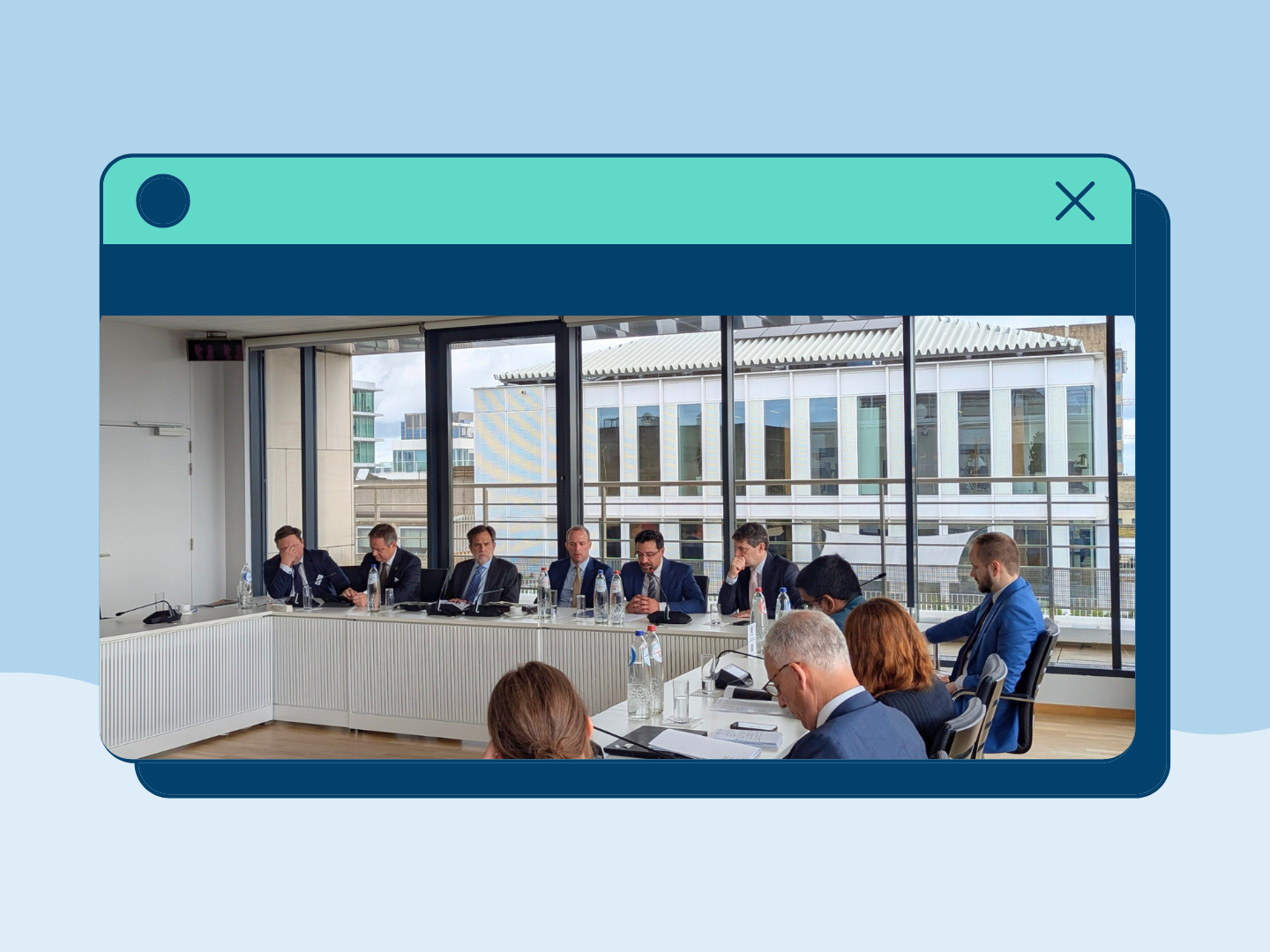
On 28 May 2025, BETTER FINANCE co-hosted a high-level roundtable discussion with the World Gold Council, titled “Silence is Golden: Exploitation of Artisanal Gold Miners to Fund War, Terrorism, and Organised Crime”. Held at the Representation of the State of Hessen to the EU in Brussels, the event brought together senior EU officials, diplomats, NGO leaders, and international institution representatives for a closed-door dialogue under the Chatham House Rule. The discussion centred on the grave implications of illicit artisanal and small-scale gold mining (ASGM), which fuels criminal networks, conflict financing, child labour, and severe environmental damage, issues now demanding urgent regulatory and investor attention.
Former UK Deputy Prime Minister Dominic Raab delivered a compelling keynote, unveiling his report on the link between illicit gold trade and global security threats. Particularly striking was the estimate that Russia’s Wagner Group has generated approximately $2.5 billion through illegal gold mining activities since the onset of the Ukraine conflict. He also highlighted similar exploitation by terrorist groups affiliated with Al Qaeda and the Islamic State across regions like the Sahel and South America.
BETTER FINANCE’s representative, Ben Granjé, stressed the critical role of transparency and proportional regulation in high-risk sectors. While acknowledging concerns around excessive administrative burden, he emphasised that individual investors are increasingly conscious of the ethical and security implications of their portfolios. “Investors do not want to hear that the companies or assets they invest in are fuelling civil wars or the use of forced labour,” Granjé stated.
Calling for a balanced regulatory approach, BETTER FINANCE urged EU policymakers to collaborate with international institutions to ensure that gold investments do not indirectly support criminal enterprises or pose security threats.
Thought-provoking insights also came from Ambassador Luis Enrique Chávez Basagoitia (Embassy of Peru to the EU), Kaushik Genasan (World Customs Organization), and Julien Garsany (UNODC).
The roundtable concluded with a consensus that safeguarding global supply chains must be a priority, not just for ethical investment, but for global peace and stability.
